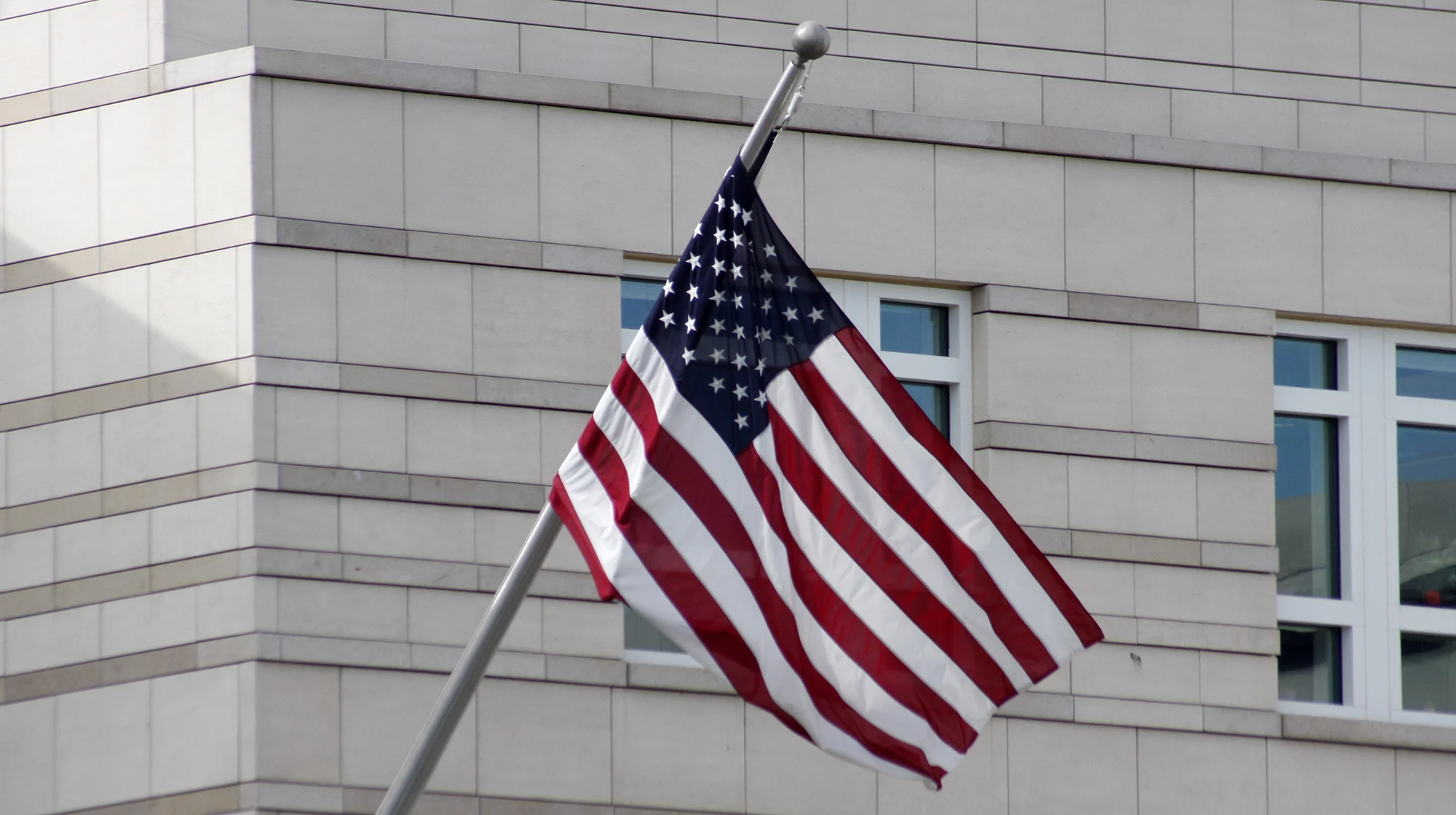
When a U.S. embassy or consulate decides to “return” an approved visa petition to U.S. Citizenship and Immigration Services (USCIS), the process can be confusing and stressful for families and employers alike. Many clients contact me at SG Legal Group after being told their case was “sent back to USCIS” with little explanation.
In this article, I explain what consular returns are, why they happen, and what practical steps you can take to protect your case—whether it involves a family-based petition, a fiancé(e) visa, or an employment-based category like H-1B, L-1, or EB-3.
A consular return occurs when a U.S. consular officer refuses to issue a visa and sends the previously approved petition back to USCIS for further review. This can happen in both nonimmigrant (temporary) and immigrant (permanent) visa cases.
Even though USCIS has already approved the petition, the consular officer must independently verify during the visa interview that the facts are still accurate and that no fraud, misrepresentation, or disqualifying changes have occurred since the approval.
If the officer doubts the petition’s validity, they can refuse the visa under Section 221(g) of the Immigration and Nationality Act (INA) and send the petition to USCIS with a recommendation for revocation.
In my experience, consular returns usually stem from one of the following situations:
For example, I once handled a case in which the U.S. consulate in Nigeria sent a family-based petition back to USCIS because the officer questioned the large age difference between the petitioner and the beneficiary. Although the couple had already provided extensive documentation, the officer doubted the bona fides of the relationship and returned the case for revocation.
Once a case is returned, it typically follows these steps:
USCIS reviews the consular officer’s report and may:
The petitioner must respond by the deadline stated in the NOIR (typically 30 days). If the response addresses all concerns, USCIS may reaffirm the petition; if not, USCIS may revoke it.
If USCIS reaffirms the petition, the consulate must generally respect the reaffirmation and continue visa processing—unless new adverse information arises.
Unfortunately, there is no standard processing time for this entire process. Some cases are resolved within months, while others remain pending for over a year.
If USCIS agrees with the consulate’s findings and revokes the petition, the consequences can be serious:
This is why it is crucial to act quickly, respond fully to any NOIR, and ensure that all facts and documents are consistent and accurate.
When a client contacts me and says, “The consulate told me my petition is being returned to USCIS,” my first step is always to understand why. The sooner we identify the reason, the better we can respond. Here are practical steps I recommend:
1. Document Everything Immediately
Ask the beneficiary to write down the full details of the interview—every question asked, every document presented, and any comments made by the consular officer. This helps reconstruct the factual record in case the officer’s summary later misstates something.
2. Request Reconsideration Before the Return
If the officer has not yet finalized the return, sometimes it’s possible to request reconsideration directly at the consulate. Acting quickly—often within days—can make a difference.
3. Use LegalNet for Legal Questions
If it appears the consular officer misapplied the law, an attorney can contact LegalNet@state.gov to request review. LegalNet does not re-adjudicate facts but may intervene where the officer’s interpretation of law was incorrect.
4. Consider Re-Filing
If USCIS ultimately revokes the petition, it may be faster to re-file a new petition with stronger documentation—fully disclosing the prior return and explaining how the concerns have been resolved. Premium processing (for eligible categories) can help shorten timelines.
5. Seek Congressional Assistance
A congressional inquiry through your representative or senator can sometimes prompt USCIS to act on a returned case that has stalled for many months. Congressional offices often have immigration liaisons who can communicate with USCIS on your behalf.
6. Request Records Through FOIA
If you do not know exactly what the consular officer said in their report, you can request the case file through a Freedom of Information Act (FOIA) request. This can reveal the officer’s memorandum and help guide your response strategy.
7. Mandamus Action for Prolonged Delay
If USCIS fails to act on a returned case for many months or years, a mandamus lawsuit may be filed in federal court to compel USCIS to make a decision. This step should be carefully considered with legal counsel, as timing and context matter.
Practical Timelines and Expectations
While every case is unique, I generally advise clients to expect:
Because there is no official processing deadline, maintaining communication through your attorney, congressional liaison, or FOIA requests is often necessary to keep the case moving.
Whether you are petitioning for a spouse abroad or an employee under an H-1B or EB-3 category, the key principles are the same:
At SG Legal Group, my team and I have seen how consular returns can cause months of delay and deep frustration for families and employers. But with a clear plan, full documentation, and prompt action, it is often possible to bring the case back on track.
Consular returns can feel like a setback, but they are not necessarily the end of the road. The key is understanding the reason for the return, acting quickly to address it, and ensuring that USCIS receives a thorough and well-supported response.
If your petition has been returned to USCIS—or if you were informed at your visa interview that the officer plans to “send your case back”—I encourage you to seek experienced legal guidance as soon as possible.
Contact SG Legal Group
If you need experienced legal guidance for your immigration case, contact me at SG Legal Group. My team and I will help you navigate the consular return or revocation process with confidence.
Consultations are available in English, Russian, or Romanian.
Call 410-618-1288, or visit our contact page.
Oleg Gherasimov, Esq.
Stay informed with our latest articles and resources.